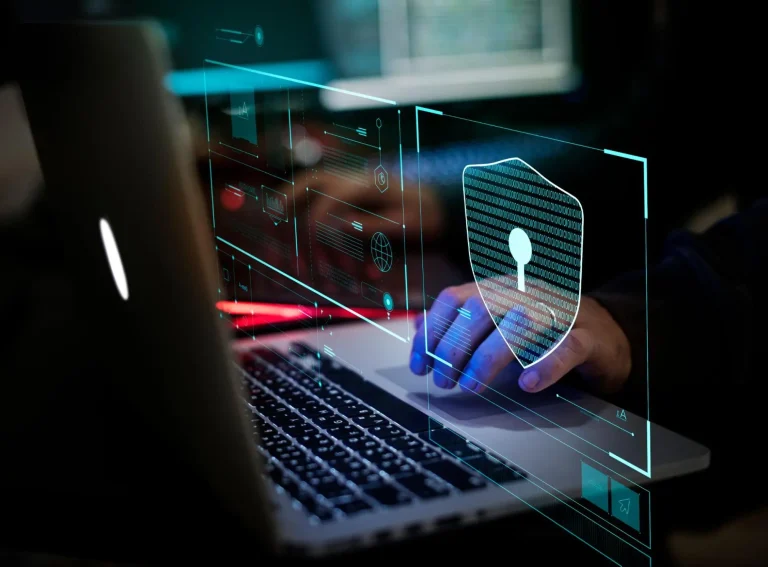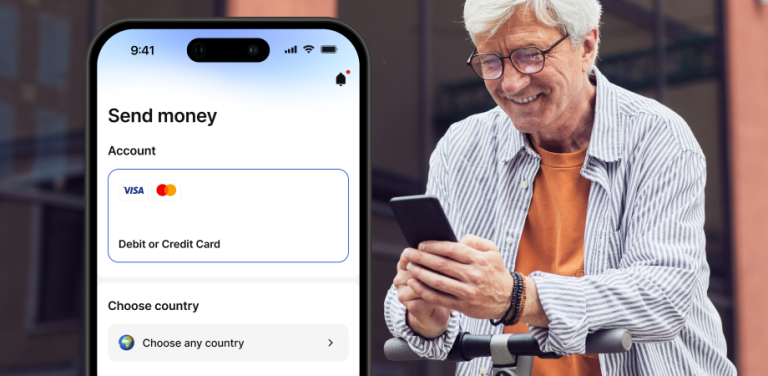How to Avoid Scams: Unsolicited Payments
9 September 2024

Why are Scammers So Effective?
Scams are effective when scammers use deceptive emails and text messages to trick you into giving away your bank information.
This is often in the form of fake lottery wins or other fake prizes. In such cases, the scammers will ask for bank information, claiming they need somewhere to deposit your winnings. The pure excitement of winning money means many people fall for these scams.
However, there are many things immediately suspicious about such interactions.
You should ask yourself why someone would message you to offer you money. This would be a very strange occurrence. If something seems too good to be true, it almost certainly is. Why would you be so lucky as to receive a large sum of money from someone you have never interacted with?
But scammers can be even more clever than this. Many appeal to your sense of altruism.
How do Charity Scams Work?
Some scammers ask for donations to charities, often large ones that most people have heard of. This provides a false sense of legitimacy.
This method usually involves sending people an email, which seems to be naturally suspicious. But some charity scams actually happen in person. Perhaps you think these would be easy to detect?
How to Detect In-person Scams
Imagine this: You are at a shopping mall. Someone approaches you and asks if you would like to donate to a charity. This is something you would expect to see.
Security has not removed them. Charities do frequent shopping malls asking for donations, after all. They seem to be trustworthy.
They provide you a form to fill in your details, and ask when you intend to donate. You say you do not know yet, and suddenly they begin to pressure you, saying you can actually donate right right now.
Then they ask you to fill in your bank details. They even ask for your CVV number. Just like that, suddenly they have all the information they need to empty your bank account. You have no information about them, and likely no ability to track them.
This is an important lesson. Always beware, whilst some scammers appear to be representing genuine charities, there are certain actions that indicate illegitimacy.
Genuine charities will not pressure you for bank details, and certainly not CVV numbers. They will not become defensive once you question their legitimacy, whereas scammers very often will. Bottom line: if they pressurise you or ask for bank information, walk away.
Other Things to Look Out For
Random Invoice Scams
Scammers send you fake invoices, often for “overdue payments” like bills or unpaid fines. These types of scams are easy to detect if you have no connection to the purported company.
However, when they happen to be a company you have interacted with in the past, you are more susceptible. When you are familiar with a logo or brand, you are naturally more inclined to trust them.
But even if you have interacted with a company before, you can still easily detect suspicious behaviour. You will usually get warnings about overdue payments or unpaid fines before they expire.
If something seems suspicious, provide no details. If you are unsure, it is a good idea to call the company directly to check if the message is legitimate.
PayID
The PayID scam is most commonly used on people selling items online.
Scammers insist they pay for your item using PayID. When you suggest a different method, they again insist on PayID.
After you agree (which you should refuse), the scammer sends fake emails, appearing to be from PayID. Then the scammer claims that they were forced to pay extra for your item, because you do not have a “business account”. This is all a lie.
They then demand you reimburse them that money. If you do, they take that money and disappear.
Never send money to someone buying an item from you.
The Best Way to Avoid Scams
Many people have their money stolen by scammers. When in doubt, don’t make the payment. If something seems off, it probably is. NEVER provide your bank details for an unsolicited transaction.
When sending money overseas, you want to use reputable companies like e-Pocket.




